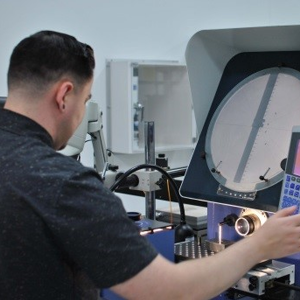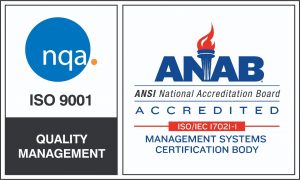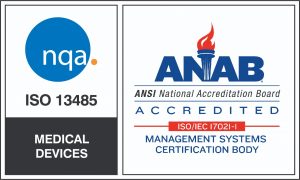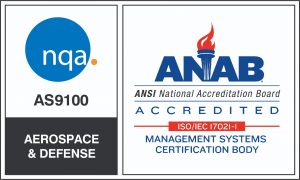Evolution of AS9100 from Rev C to Rev D
AS9100 is the internationally adopted Quality Management System (QMS) for the aerospace industry. It is currently being updated from Rev C to Rev D. The latest changes to AS9100 reflect the needs of a changing marketplace.
After September 15, 2018, AS9100 Rev C will no longer be valid. All organizations are required to transition to AS9100 Rev D by this time. The revisions incorporate changes made by ISO TC176 to the embedded ISO 9001 standard.
Improving Quality and Reliability
The overall performance and success of an organization relies on the quality of its products and services. Customer expectations in regards to quality and reliability are getting more and more stringent in the aerospace and defense sector. This is reflected by the importance being placed on AS9100 to drive consistent quality and reliability through the supply chain.
In today’s competitive business environment, evolution of the QMS is quickly becoming necessary as executives attempt to improve quality and performance. The new AS9100 is based on the updated ISO9001 with the addition of aviation, space and defense industry requirements. The focus of the revision is to add clarity and enhance ease of use.
Preparing for the Update
Rev D represents a major change. As such, it requires leadership and facilitation. It’s important for organizations to think about the required changes, prepare for them being continuous and manage any resistance within their organization.
Organizations must identify any organizational gaps that need to be addressed in order to meet the new requirements. Appropriate training should be given to all parties that have an impact on the effectiveness of the organization. The existing QMS must also be updated to meet the revised requirements.
Benefits of AS9100 Rev D
When implemented and managed well, there are many benefits to AS9100 Rev D. It allows organizations to produce and improve safe and reliable products that meet and exceed customer and regulatory expectations. The processes necessary to perform day-to-day business are well defined and managed and documentation accurately reflects the work being performed.


